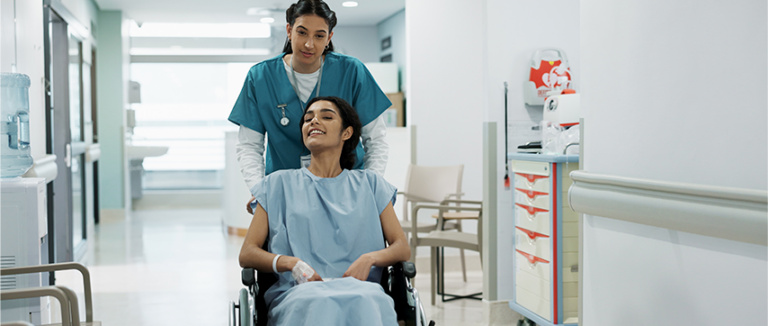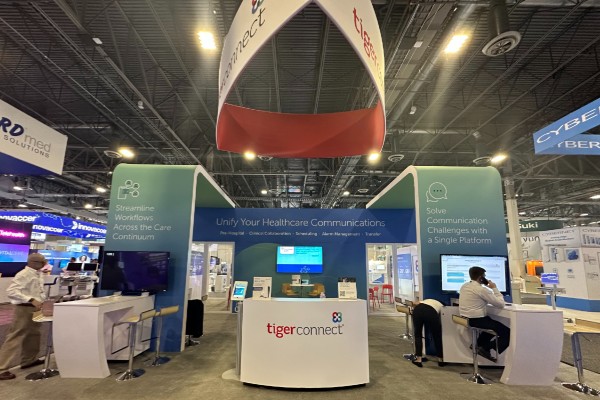Enhancing Nursing Autonomy: 3 Evidence-Based Strategies for Better Outcomes
Nursing autonomy is characterized by nurses thinking and acting by themselves without seeking approval. A broader description comes from the American Nurses Association’s Magnet Recognition Program. This program identifies 14 Forces of Magnetism, and the ninth Force is nursing autonomy. Read more.









